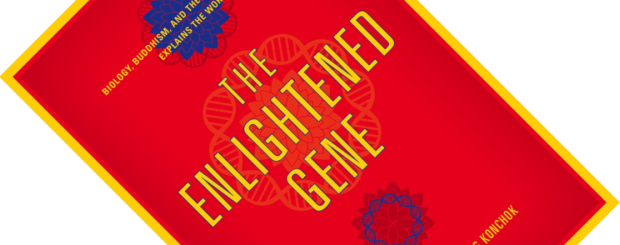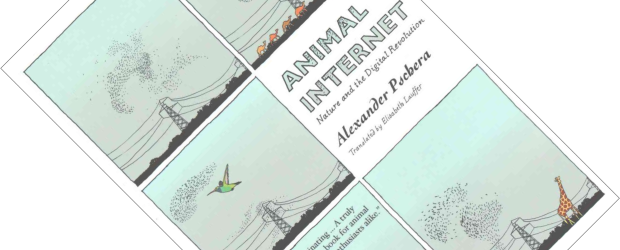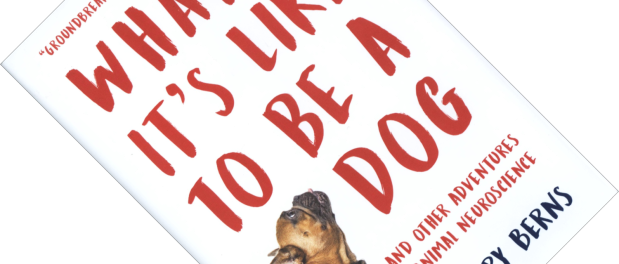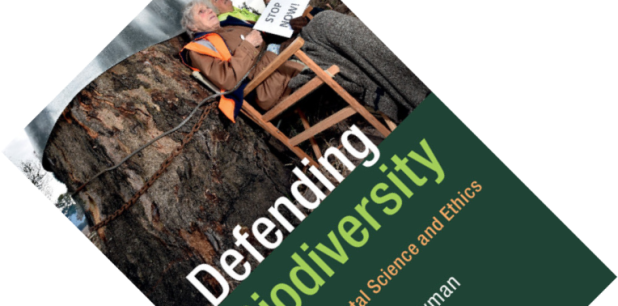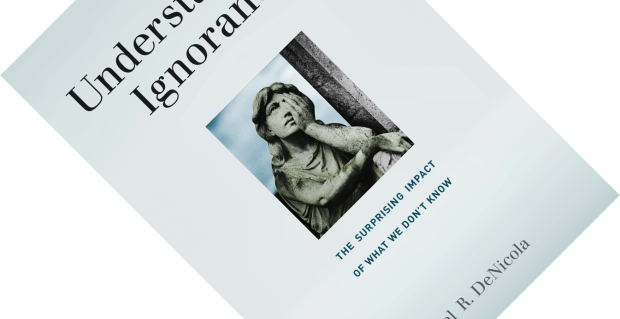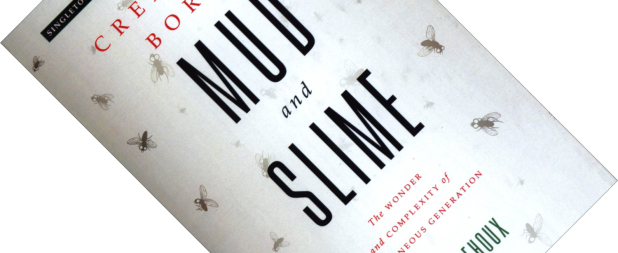I sometimes wonder whether I am a closet Buddhist. Now, I will be the first to admit that I know next to nothing about Buddhism, but what little I have encountered often strikes a chord with me. The Enlightened Gene shows there might be a good reason for this. This book chronicles a most unlikely project: the Emory-Tibet Science Initiative. On the invitation of the Dalai Lama no less (!), Emory University has developed a science curriculum to be taught to Tibetan monks and nuns in exile in India. Spearheaded by professor Arri Eisen and in close collaboration with monk Geshe Yungdrung Konchok, the aim is to integrate modern science (focusing on physics and life sciences, especially neuroscience) into their monastic curriculum.
philosophy
Book review – Animal Internet: Nature and the Digital Revolution
This book is translated from the German Das Internet der Tiere, published in 2014. I started reading it thinking it would mostly deal with what the latest developments in animal telemetry are telling us about conservation, and what we can learn moving forward. With advances in technology, GPS units and tracking devices are now becoming so small that we can even attach them to insects. Scientists are uncovering a wealth of data about bird migrations, whale feeding patterns and many other behaviours that are normally unobservable to us. Instead, this book provides a philosophical blueprint for how technological advances could bring about a new way for humans to reconnect to animals.
Book review – What It’s Like to Be a Dog: And Other Adventures in Animal Neuroscience
Do you have a dog? I grew up surrounded by Newfoundlanders. Ever wondered what they are thinking? Whether they think at all? You’d be forgiven for thinking that What It’s Like to Be a Dog is another book for dog lovers and, in part, it is. But don’t let the title mislead you, this book is primarily a popular account of ongoing developments in animal neuroscience, specifically on what scanning mammal brains using magnetic resonance imaging (MRI) can tell us about our shared similarities.
Book review – Defending Biodiversity: Environmental Science and Ethics
Most people would agree that it is important to conserve wildlife and the environment it lives in. But can you clearly articulate why? Defending Biodiversity brings together an ecologist and two philosophers to critically examine the arguments environmentalists often put forward in favour of biodiversity conservation. Because, as they point out, a lot of these arguments are not very strong, and sometimes conflict with each other, or with other parts of what environmentalists wish to achieve. Now, before you get all worked up, all three authors strongly believe that biodiversity ought to be conserved, and this book is not an attack on environmentalists or biodiversity conservation. They are careful to avoid being unnecessarily controversial with this book. Rather, they want to help environmentalists improve and strengthen their arguments and to become more persuasive in debates.
Book review – Understanding Ignorance: The Surprising Impact of What We Don’t Know
Ignorance has been the cause of a lot of hand-wringing in the last few years (not least by myself). There has been a disturbing trend in anti-intellectualism, coupled with a rise in conspiracy theories, misinformation and pseudoscience. I have blogged elsewhere about this topic and hope to review many of the books mentioned there in due course. In his new book Understanding Ignorance, DeNicola, professor of philosophy at Gettysburg College, Pennsylvania, starts off voicing similar concerns about an all-round increase in ignorance. But is ignorance simply a lack of knowledge?
Book review – Getting Science Wrong: Why the Philosophy of Science Matters
So you think you know what science is? I thought I did. I mean, we notice patterns, formulate hypotheses, gather observations to see if our ideas are supported or not, and discard or accept our hypotheses. And this is what we do. Yet, as philosopher Paul Dicken shows in this lightly written introduction to the philosophy of science, there is no good definition of the scientific method, though there are plenty of misconceptions.
Book review – Creatures Born of Mud and Slime: The Wonder and Complexity of Spontaneous Generation
Spontaneous generation, the idea that life can arise out of non-living matter, is both alive and dead today. Current science accepts the idea that at some point in the distant past, complex self-replicating molecules arose, which formed the starting point of billions of years of unicellular life. But there is an obsolete side to this theory. For millennia, philosophers and scientists believed that all sorts of creatures could arise spontaneously from the mud and slime this book refers to. In the late 1850s, The French microbiologist Louis Pasteur performed experiments that definitively put the nail in the coffin for this idea.
Quite a few books have been written about the later discussions around this theory and its eventual demise (contemporary examples are John Farley’s The Spontaneous Generation Controversy from Descartes to Oparin or James Strick’s Sparks of Life: Darwinism and the Victorian Debates over Spontaneous Generation). Based on a three-part lecture series, this purposefully short book, which is not intended as a complete history, gives a whistle-stop tour of spontaneous generation from Antiquity to 1769. Are you ready?

